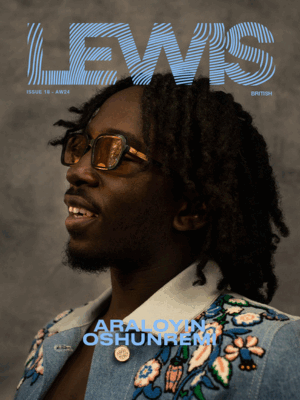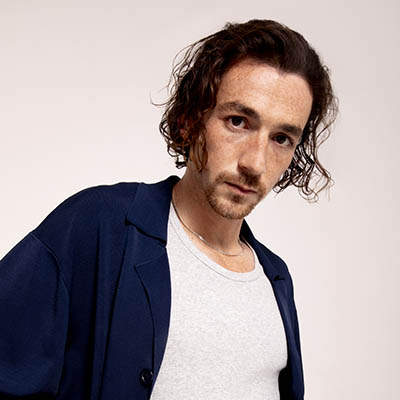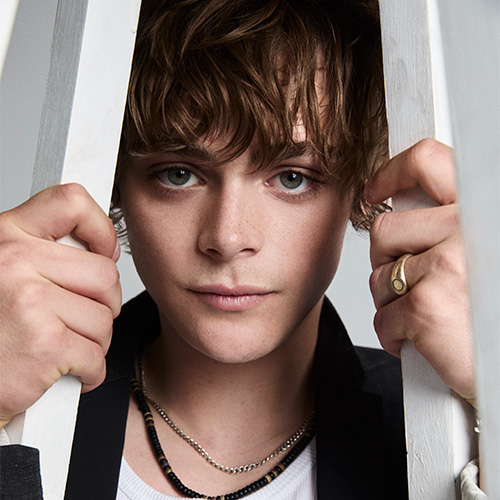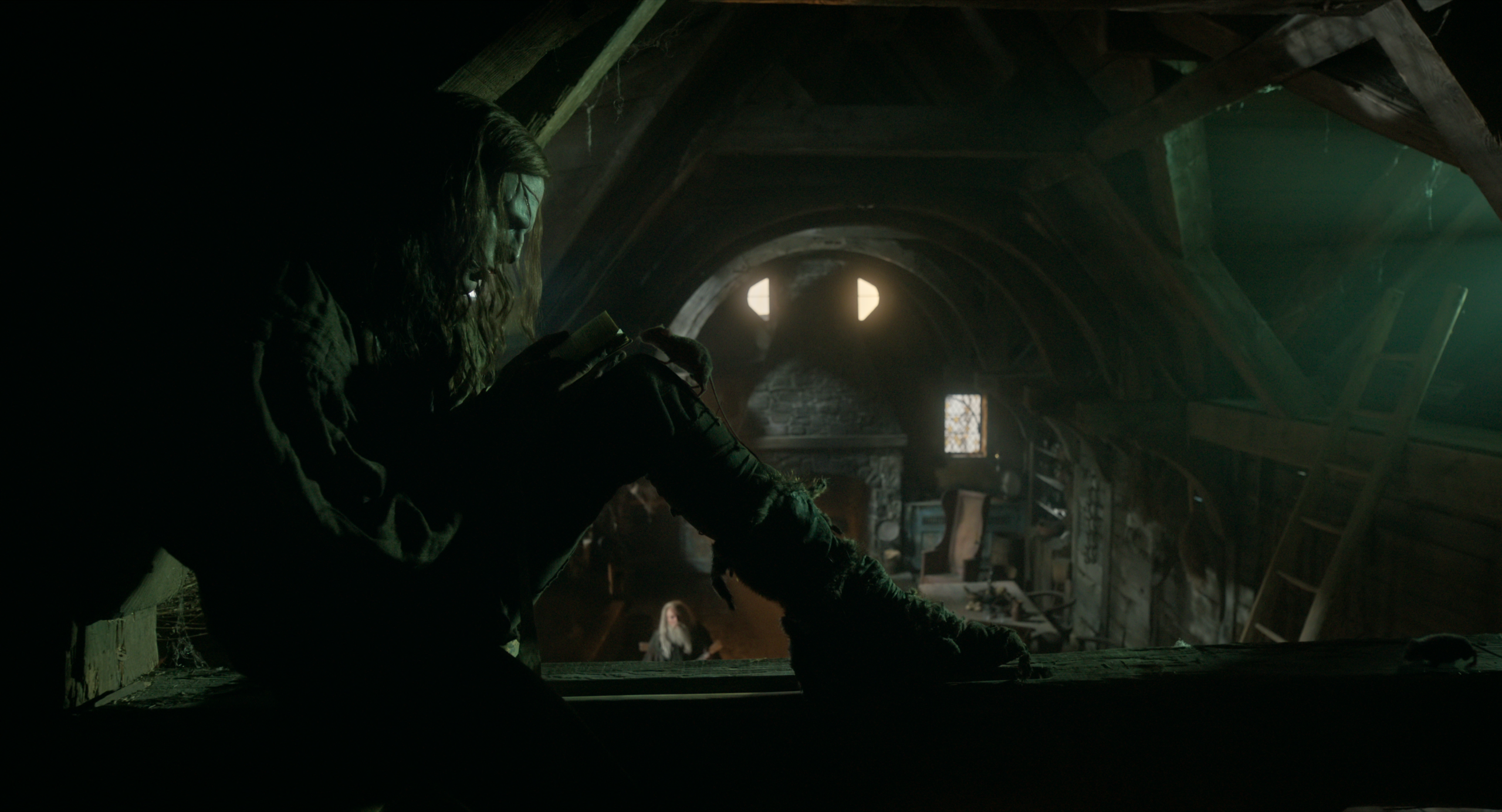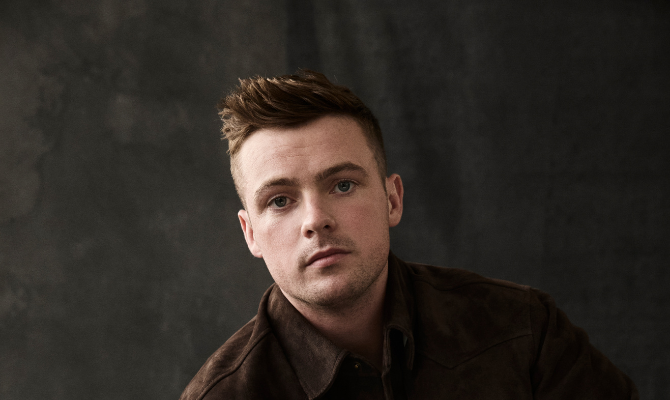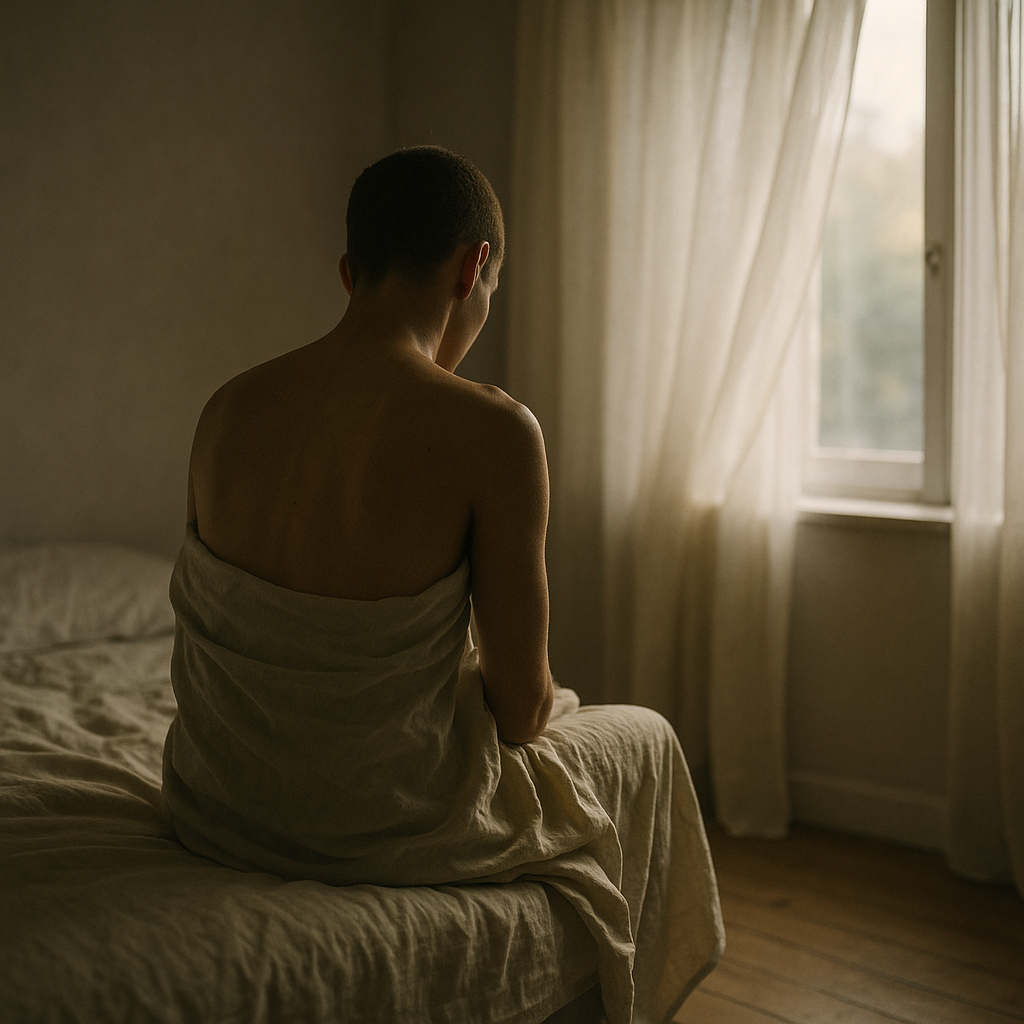After a tour of four countries, London’s West End cinemagoers got a a mid-week reminder back in March at Curzon Bloomsbury that, even after half a century, the appetite for protest-driven queer culture remains ravenous. Rob Falconer’s Legendary Children [All of Them Queer], the Audience Award-winner from Palm Springs came home to close this year’s LGBT+ History Month with a bang rather than a bookend.
Now it’s about to go global.
Falconer’s film is no nostalgic wallow. Shot over two years during the Pride 50 commemorations, it cuts between grainy archival reels and razor-sharp present-day footage to show how the first recognisable Pride march in Britain — 1 July 1972, a boisterous procession from Trafalgar Square to Hyde Park — detonated a cultural chain reaction that continues to thrum through city streets and village halls worldwide. The director corrals the original agitators — Peter Tatchell, Angela Mason, Sue Sanders and their cohort of Gay Liberation Front firebrands — and lets them spar with the newer faces of activism: the candle-lit vigils in Manchester, the muscular direct-action of Queer Night Pride, the exuberance of Spain’s Winter Pride. The editing is deliberately restless; the point is that the struggle never truly stands still.


Tatchell, whose career of righteous trouble-making now stretches across six decades, offers the film’s guiding principle: “Social change is possible, but only if we amplify what’s happening to LGBT+ people in other countries.” The camera obliges, widening its lens to America, where the newly installed Trump administration is busy erasing queer resources from federal platforms. A joint statement from all sixteen international LGBT+ History Months rings out like an alarm bell: erasing books and records “never ends well”. Falconer lets the words hang, then splices in a furious speech from Harvey Milk’s nephew, Stuart, branding the White House occupant “a bully”. It is plain that Pride’s origin story doubles as a manual for present-day resistance.
There are moments of riotous humour — veterans recalling how they had to borrow a megaphone because no-one owned one, or describing police officers baffled by placards reading “Better Blatantly Gay than Latently Straight” — but the film’s emotional ballast comes from loss. Falconer began the project with Andrew Lumsden, Bette Bourne and George Hodson very much alive; their deaths during production cast a tender shadow over the finished work. Rather than drift into elegy, the director doubles down on urgency, suggesting that every funeral not only mourns a pioneer but transfers a contract: carry on, louder.
What elevates Legendary Children above the average oral-history documentary is its insistence on the forward march. In one bravura sequence Falconer overlays footage of the 1972 march with the 2022 anniversary parade, forming a flickering palimpsest in which placards swap slogans and fashions morph, yet the insistence on visibility never wavers. When a young trans marcher tells the camera, “It can’t be liberation if our trans siblings are still fighting,” she completes a line begun half a century earlier.
The sold-out screening ended with a BSL-signed Q&A that felt less like a polite industry chat than a strategy session. Tatchell, Mason and Sanders traded memories and battle-plans. Rock star Tom Robinson and It’s A Sin actor Nathaniel J Hall urged the audience to convert applause into action. Viewers spilled into the foyer fizzing with that nervous-happy energy produced only when art collides with purpose: the sense that you have been handed something sharp and useful, and you must not drop it.
Curzon paired the feature with Falconer’s short, The Fragility of Freedom, which follows school pupils vying for the Dora Love Prize, a Holocaust-education scheme that pushes teenagers to confront modern prejudices. The double bill underlined a through-line: knowledge, once grasped, demands engagement. As founder Rainer Schulze puts it, “We’re inviting you to see the world differently.” Falconer’s answer, in both films, is that seeing differently is merely the first step. Acting differently is the task.
Technically, Legendary Children is patched together from formats and eras, but the rough edges suit its subject: Pride has always been a collage of banners, chants and reclaimed spaces. What matters is the velocity with which the film propels its argument — that hard-won freedoms can be rolled back with terrifying speed; that the door marked Change stays ajar only if each generation keeps a shoulder to it.
As LGBT+ History Month fades and rainbow-branded merchandise limbers up for summer, Falconer’s documentary lands like a corrective: those colours were first splashed on placards demanding nothing less than the right to exist. The legends he celebrates did not merely predict a more open society; they kicked it into being. Their message to today’s audiences — queer, straight and everything between — is disarmingly simple. You’ve inherited a revolution. Mind how you tend it.

Released worldwide by Revelation Films to Amazon Prime, Apple TV and Google Play from June 28th (English, Spanish, German).




